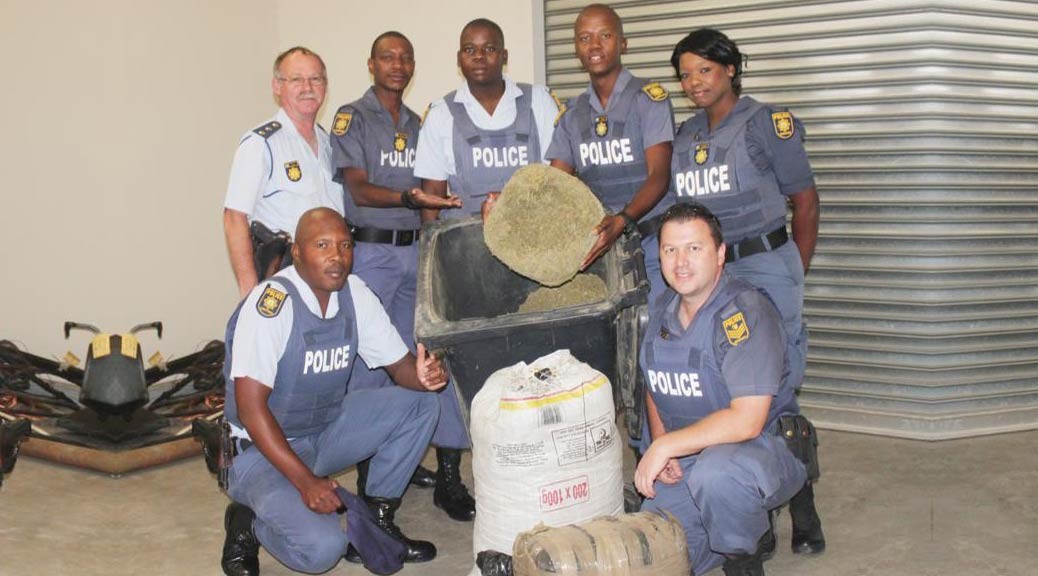On August 23, 2023, an important directive was issued by the South African Police Service (SAPS), indicating a significant change in policy. The directive, signed on the aforementioned date, seems to instruct SAPS officers not to arrest individuals engaging in personal cultivation and/or possession of cannabis. This update reflects a progressive approach towards cannabis legislation, potentially signaling a shift in how the authorities view cannabis use in South Africa.
In a significant development for cannabis enthusiasts in South Africa, the 2018 Constitutional Court judgment in the Minister of Justice and Constitutional Development and Others v Prince; National Director of Public Prosecutions and Others v Rubin; National Director of Public Prosecutions and Others v Acton and Others [2018J ZACC 30] has shed light on the legal position of cannabis in the country. While there may be some confusion surrounding the topic, it is crucial for the cannabis community to stay informed about the latest guidelines to ensure compliance with the law.
According to the ruling, the possession, use, and cultivation of cannabis by an adult for personal consumption is now permitted in private spaces. This provides cannabis enthusiasts with the freedom to enjoy their herb without fear of legal ramifications. However, it is important to note that commercialization and dealing in cannabis remain illegal in South Africa.
To provide clarity, the order of the Constitutional Court has expanded the definition of “dealing in” cannabis in the Drugs and Trafficking Act. This definition now includes transhipment, importation, cultivation (excluding personal cultivation in a private place for personal consumption), collection, manufacture, supply, prescription, administration, sale, transmission, or exportation of the drug.
While cannabis is still classified as an undesirable dependence-producing substance in Part III of Schedule 2 of the Drugs and Drug Trafficking Act, there are instances where licenses or permits can be granted for cannabis cultivation. The South African Health Products Regulatory Authority (SAHPRA) and the Department of Agriculture, Land Reform, and Rural Development (DALRRD) may grant licenses for medical research purposes or the cultivation of low-THC cannabis (hemp) for specific limited purposes.
However, it is crucial to understand that there is currently no legislation outlining the allowable quantities of cannabis for personal possession or cultivation in compliance with the Prince judgment. Similarly, there is no provision for the presumption of dealing based on possession above a certain threshold. As a result, law enforcement agencies are restricted from presuming that an individual is involved in dealing solely based on the amount of cannabis they possess or cultivate for personal use.
To avoid the risk of civil claims for unlawful arrest and detention, it is imperative that the South African Police Services (SAPS) exercise caution when arresting individuals for possession, use, or cultivation. Since the concept of “personal consumption” is not precisely defined, the SAPS should approach such cases with prudence and ensure proper procedures are followed to minimize legal complications.
Law enforcement agencies are reminded that suspects involved in cannabis-related offenses should be treated with dignity and respect, following the guidelines laid down by the law and the Bill of Rights. Arrests and detentions should be undertaken only if there are reasonable grounds and after considering alternative measures, such as summons or written notices, to secure the accused’s appearance at trial.
Before arresting alleged cannabis offenders and seizing their property, SAPS members should liaise with the prosecuting authority, when feasible, to determine if the case will be enrolled and prosecuted. Obtaining a search and seizure warrant in advance will also ensure that the process adheres to judicial oversight and upholds the rule of law.
Furthermore, it is essential to note that personal and private cultivation and possession of cannabis are no longer criminal offenses, which means no arrests should be made without valid reasons. Pre-determined arrest targets should not be pursued without assurance that a crime has been committed and will be prosecuted by the National Prosecuting Authority.
The circular issued by the South African Police Service emphasizes that a private space does not necessarily require physical barriers, and one doesn’t need to own a space for it to be considered private. Cannabis that is hidden from public view, including within the confines of a motor vehicle, is considered privately possessed. Small quantities of cannabis dispensed by traditional, cultural, or religious healers are also regarded as private and personal possession.
To ensure proper implementation and compliance, all members of the police force are required to familiarize themselves with the content of this circular, sign as confirmation, and permanently file a copy as proof of understanding. Failure to adhere to these guidelines may result in disciplinary actions.
By staying informed about the latest legal guidelines, the cannabis community and law enforcement can work together to create a harmonious relationship that respects personal rights and upholds the rule of law. The decriminalization of cannabis for personal use in South Africa represents a step forward for the humble cannabis culture, promoting responsible consumption and the protection of individual liberties.

